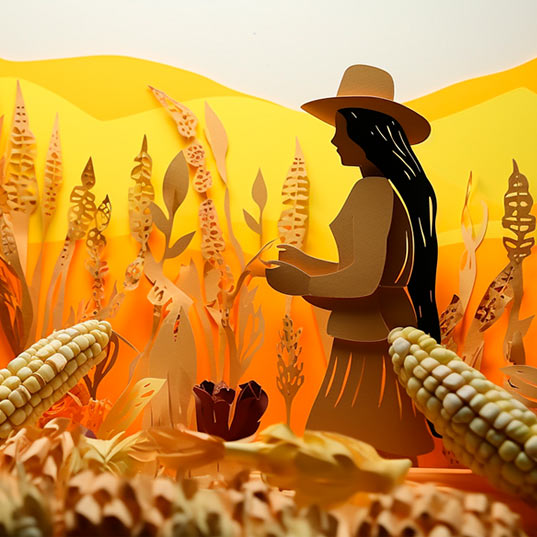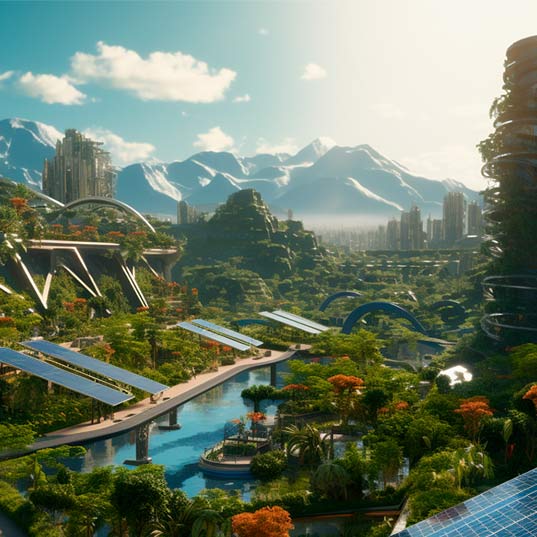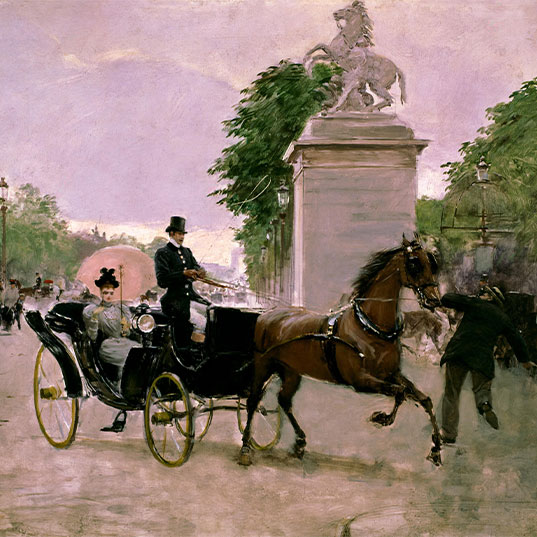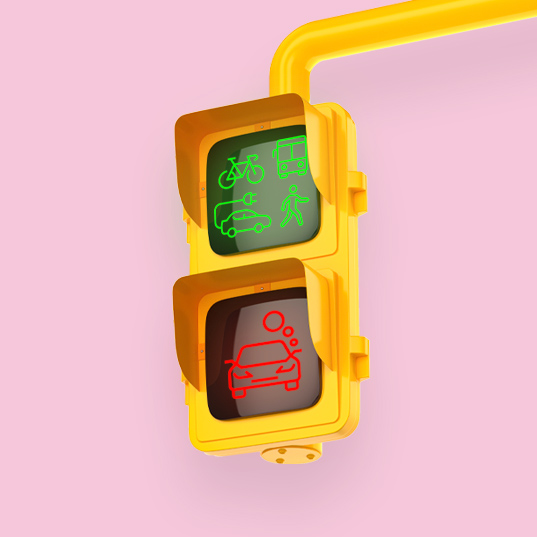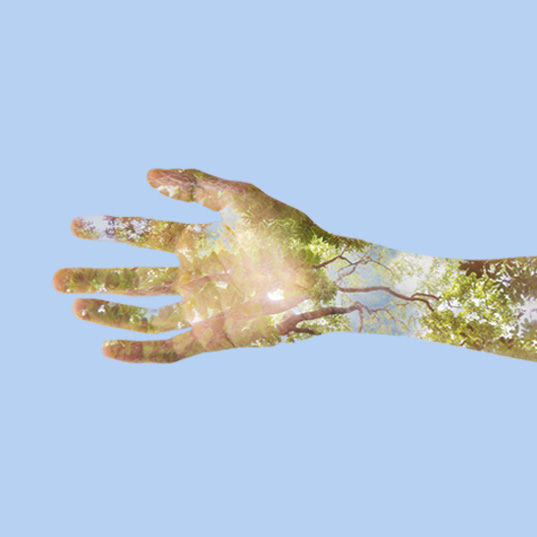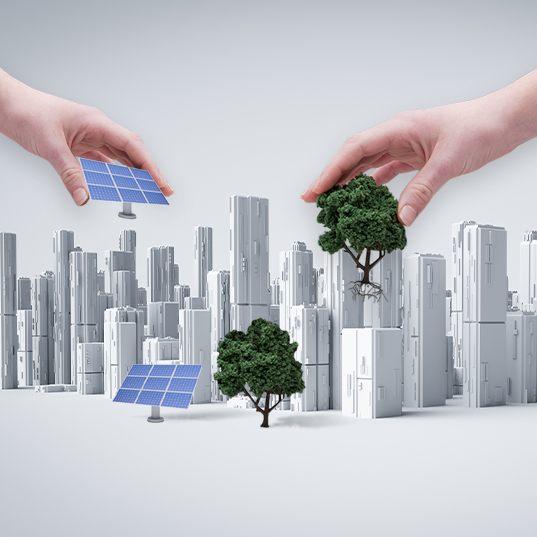How do indigenous peoples contribute to sustainable development?
Indigenous peoples are not aware of the concept of sustainable development because their way of life and practices have always been sustainable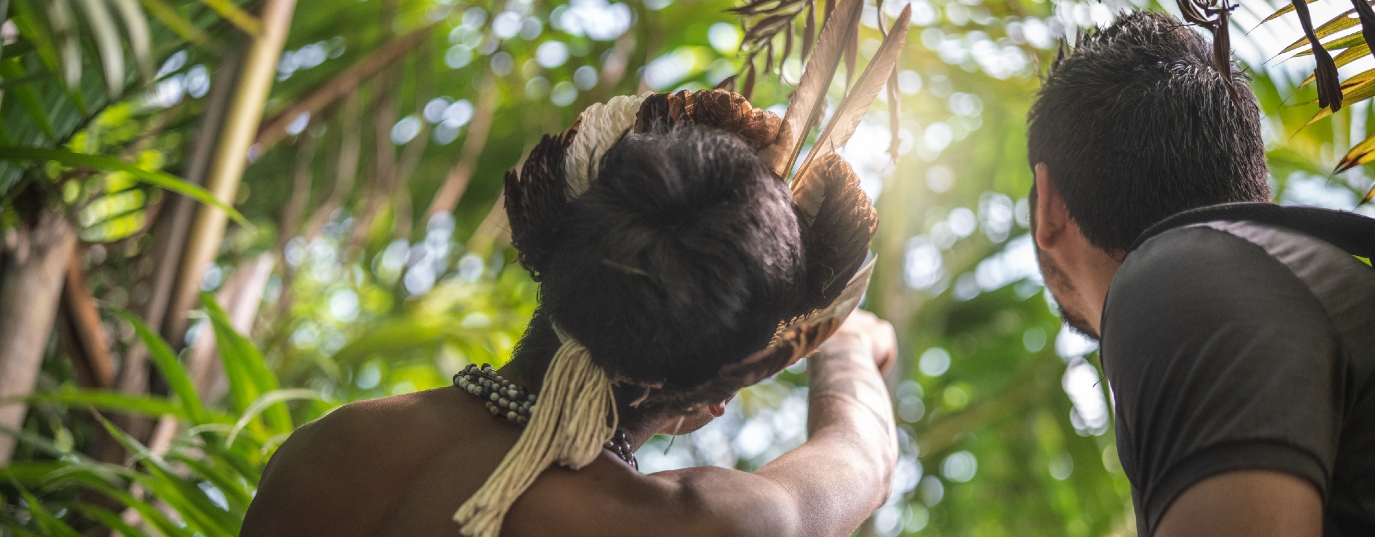
In this article we will discuss:
- What do the SDGs mean for indigenous peoples?
- What is the relationship between indigenous peoples and sustainable development?
- Indigenous peoples' collaboration with nature
The heart of the Amazon rainforest, the African savanna and the most inhospitable of India's mountains are all home to indigenous peoples with histories spanning thousands of years. Unfortunately, for decades their very existence has been under threat from the invasion of their land and exploitation of nature introduced by "modern civilisation". However, their traditional practices and knowledge, which coexist harmoniously with the natural environment, can teach us a great deal so that we can achieve the goals of the 2030 Agenda. What's more is that indigenous peoples and the Sustainable Development Goals have much more in common than we think.
What do the Sustainable Development Goals mean for indigenous peoples?
The mission of the Sustainable Development Goals is to transform our world. They reflect our desire to build a more inclusive, sustainable, peaceful and prosperous planet where there is no place for discrimination on the basis of gender, race, ethnic origin, cultural identity or disability. An ambitious vision of the future that aims for no one to be left behind.
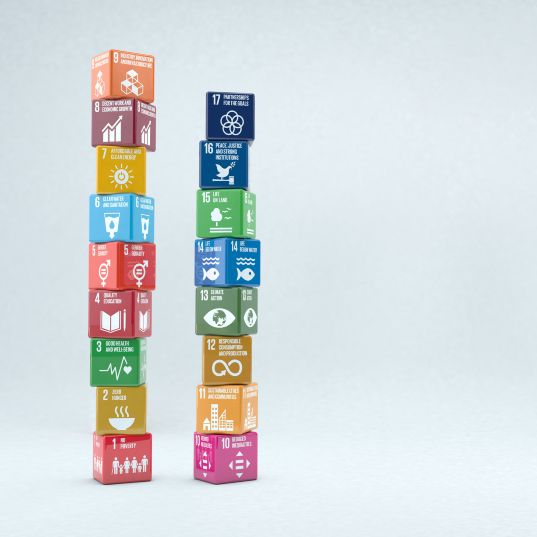 This is truly vital for the survival of more than 370 million indigenous people across the world, according to UN data. Their traditional way of life and livelihoods are increasingly under threat. This is partly due to practices that, under the pretence of economic progress, have forgotten to protect the planet. Deforestation, exploitation of natural resources and water pollution are just a few examples.
This is truly vital for the survival of more than 370 million indigenous people across the world, according to UN data. Their traditional way of life and livelihoods are increasingly under threat. This is partly due to practices that, under the pretence of economic progress, have forgotten to protect the planet. Deforestation, exploitation of natural resources and water pollution are just a few examples.
The so-called linear economy, where resources become waste once used or consumed, has distanced us from nature in such a way that natural parks or protected spaces have had to be created in order to guarantee their survival. As if the survival of the environment was not also linked to our own survival. You can find more information on this topic in this article.
What is the relationship between indigenous peoples and sustainable development?
This is something unheard of for these communities. For indigenous peoples, sustainable development does not exist because they have always lived sustainably. Indigenous peoples feel connected with nature and feel like they are part of the system in which they live. Natural resources are considered as shared property and are respected as such.
"Indigenous peoples feel connected with nature and feel part of the system in which they live"
In the mountains, systems created by indigenous peoples conserve soil, reduce erosion, conserve water and reduce the risk of disasters. In the countryside, indigenous pastoral communities sustainably manage livestock grazing and cultivation so that the biodiversity of grasslands is preserved.
Indigenous peoples' reciprocity and collaboration with nature
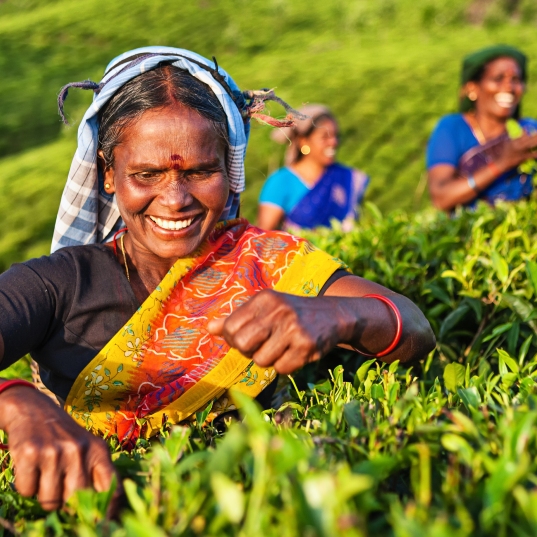 Indigenous communities have internalised the idea that, if they exhaust resources, their children and grandchildren will not have anything to eat or anywhere to live. They know that if they hunt all the elephants or eat all the fruits on the trees, there will be nothing left for future generations. Indigenous peoples and sustainable development always go hand in hand.
Indigenous communities have internalised the idea that, if they exhaust resources, their children and grandchildren will not have anything to eat or anywhere to live. They know that if they hunt all the elephants or eat all the fruits on the trees, there will be nothing left for future generations. Indigenous peoples and sustainable development always go hand in hand.
This is the case for the Baka people, from the Congo. These peoples continue to have an intimate relationship with this land, where they have lived since time immemorial. They have their own conservation standards that have resulted in the area being rich in biodiversity — because they care for it. They know that the rainforest provides them with healing remedies, food and shelter, so they care about its well-being and conservation.
Collaborating with nature is also essential. In India, there are indigenous honey collectors who always leave a little honey on the ground for tigers, as they cannot reach the honeycomb.
"They know that the rainforest provides them with healing remedies, food and shelter, so they care about its well-being and conservation"
It is a very simple concept. They know that if they want to continue to be able to eat next season, there are things they cannot do. And that is what indigenous peoples teach us, that we can live by respecting nature, living off it, while doing so in a way that allows for abundance, but at the same time protects the future of the next generations.
If you want to know more about this and many other topics related to the sustainable development of our planet, don't miss ACCIONA's podcast, La Canica Azul (The Blue Marble) [only available in Spanish].


